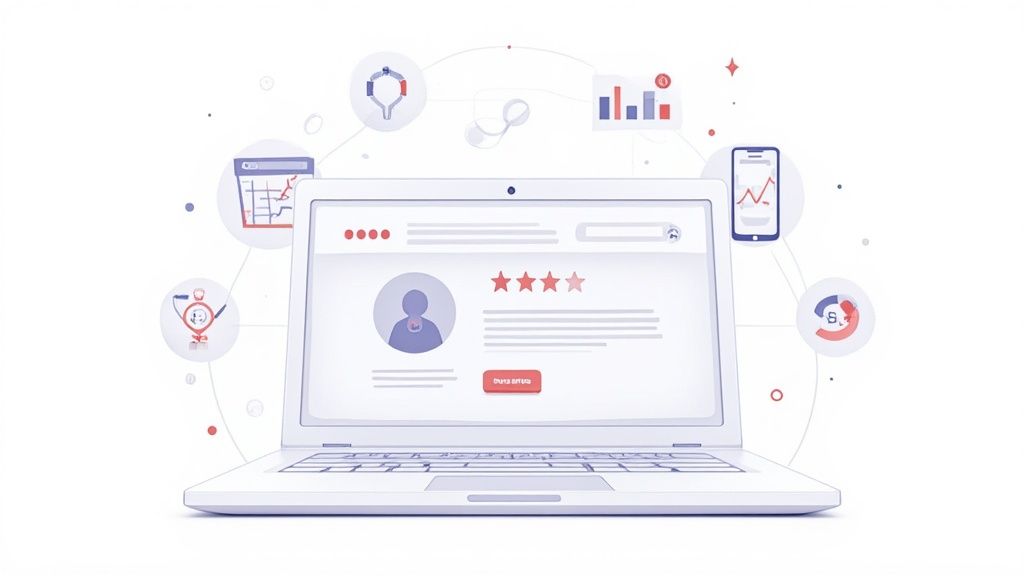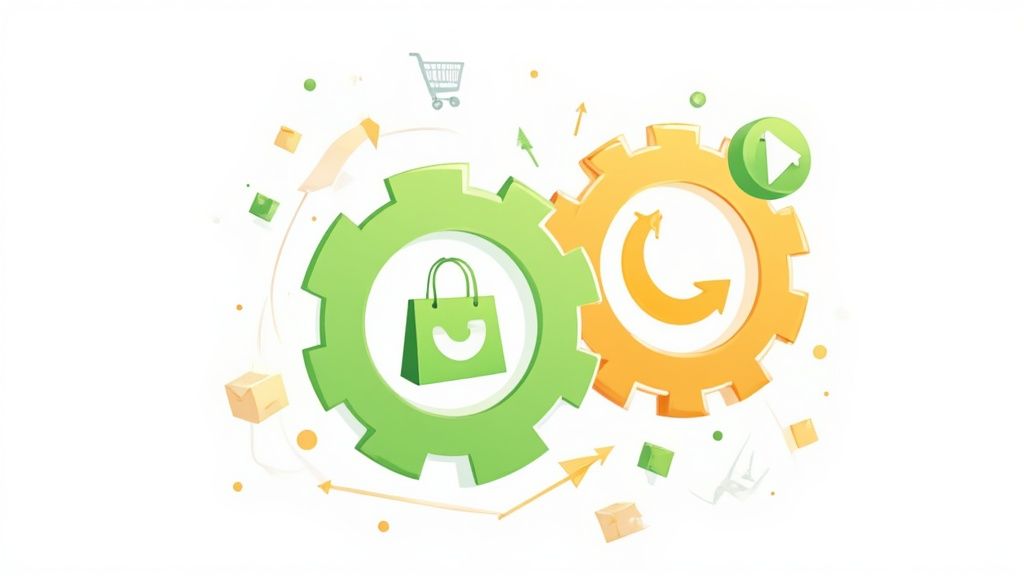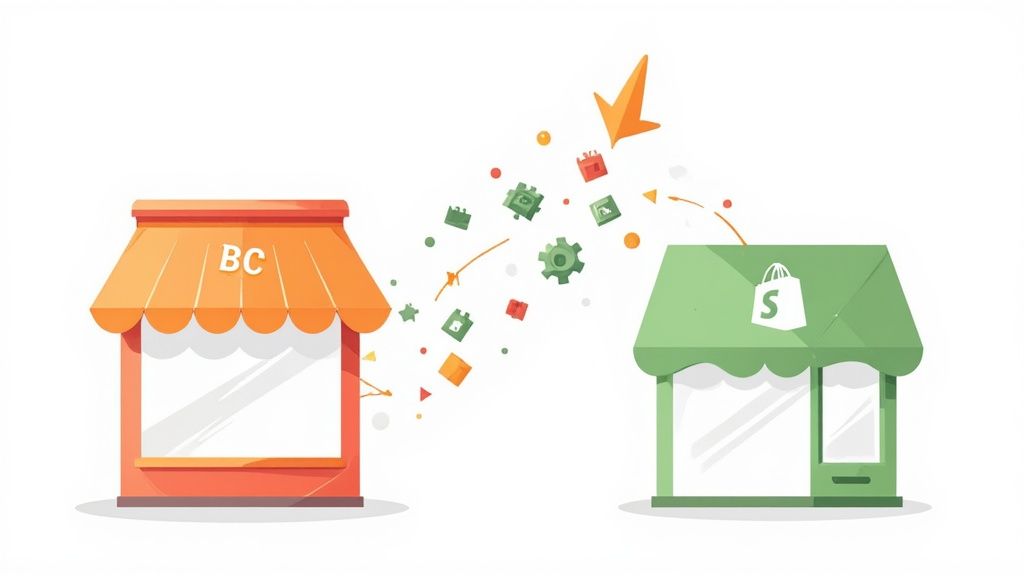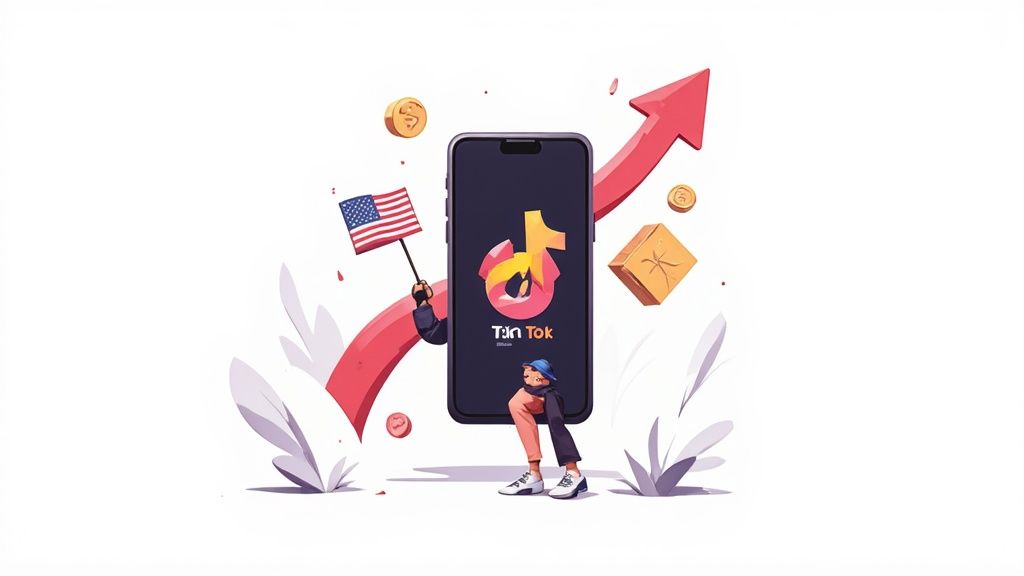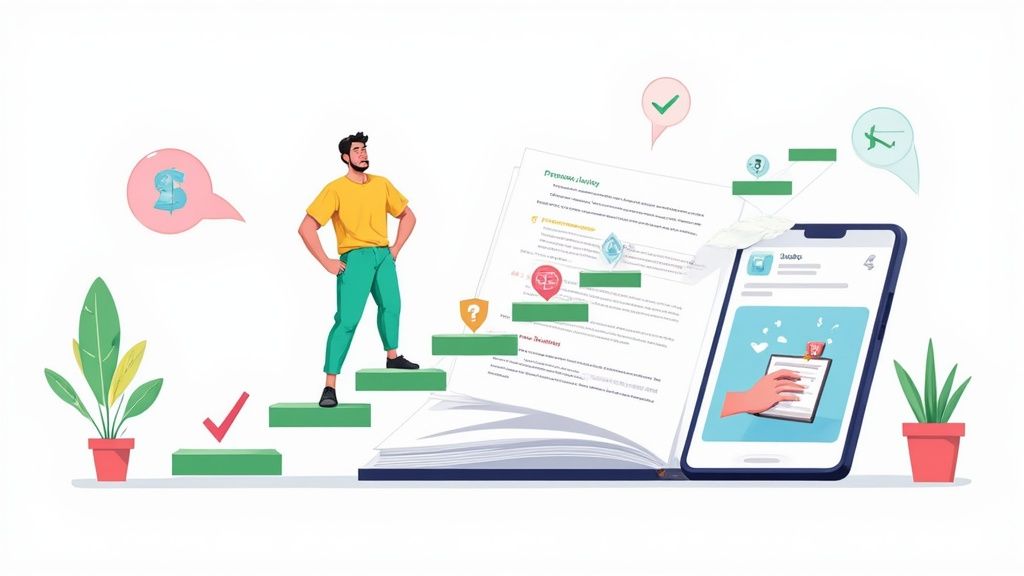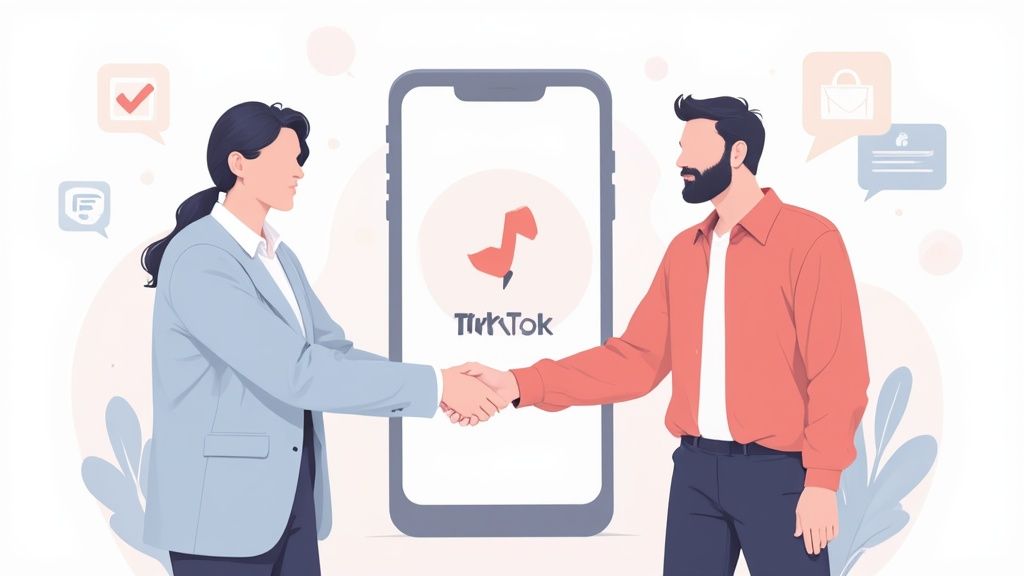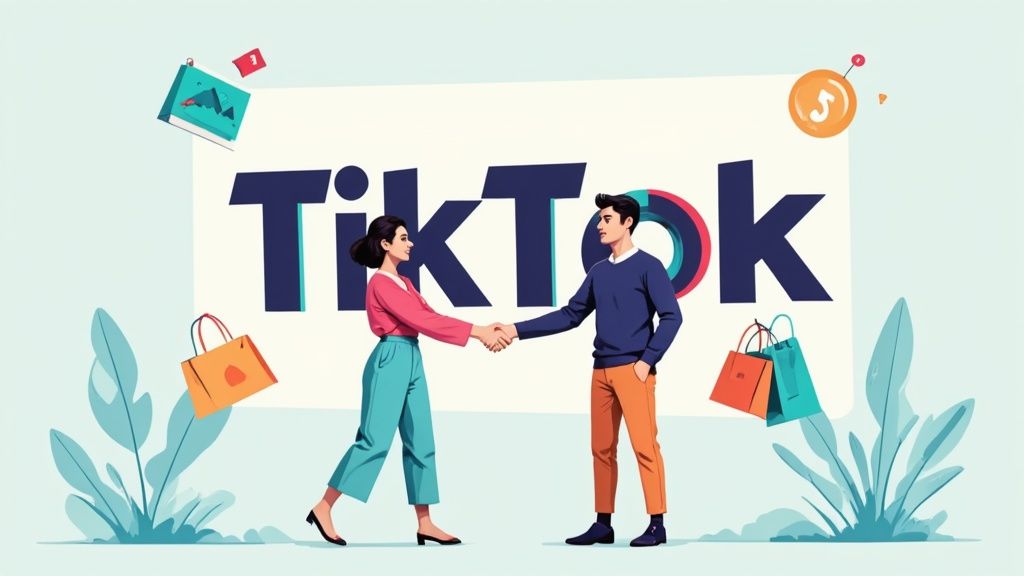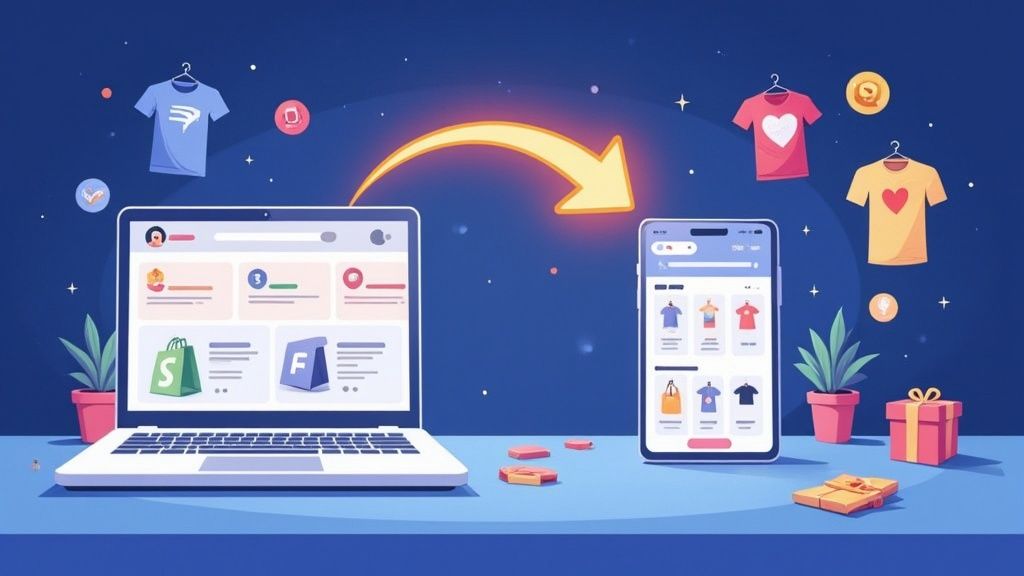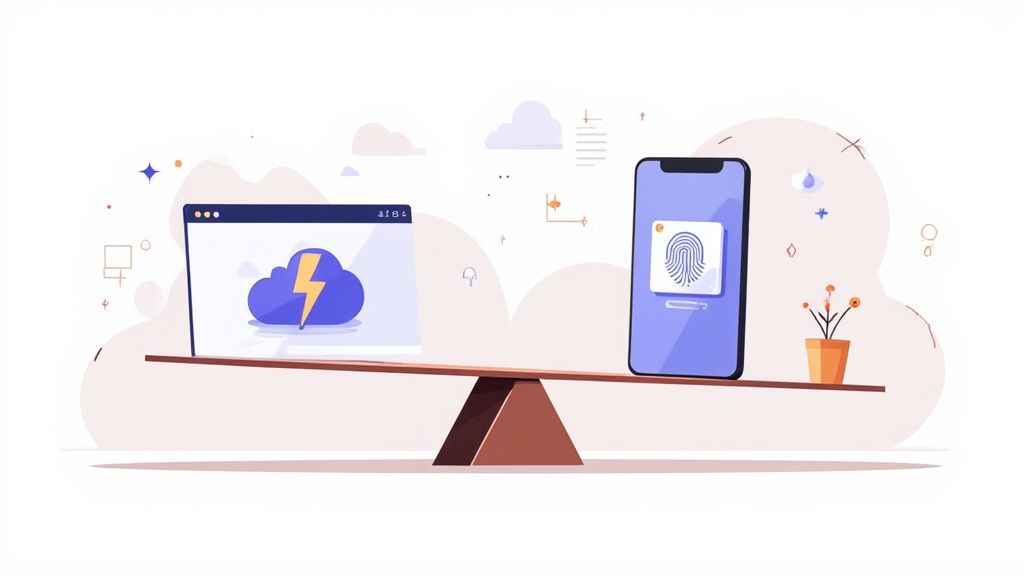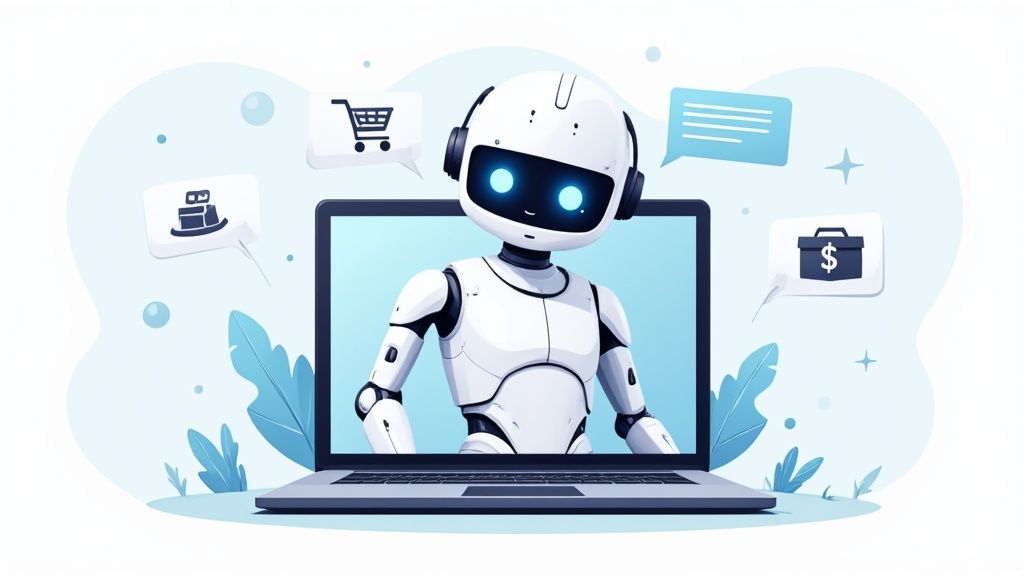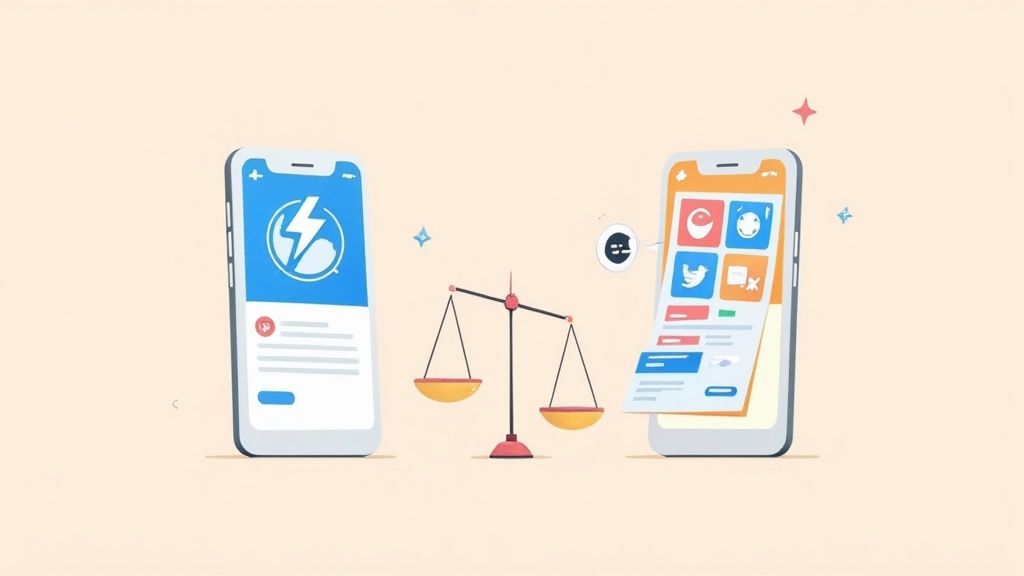
Fears that AI-powered search engines will produce more answers than links and reduce traffic to millions of websites have been stoked by rampant speculation among marketers. Although the worry is probably overstated, it is nonetheless important to acknowledge.
On the one hand, companies shouldn't become anxious. Organic search traffic won't be wiped out by artificial intelligence this year, this decade, or ever. But, it's difficult to ignore ChatGPT's explosive growth in popularity and the arms race between Google, Bing, and Baidu in the field of artificial intelligence. Business executives should therefore prepare for potential outcomes.
AI Search Reduces Links
Natural language answers are the main emphasis of Bing's ChatGPT, Google's Bard, Baidu's Wenxin Yiyan, and comparable AI products. When a person asks a question, AI tries to respond with a paragraph rather than a link. For search engines, this is undoubtedly a desirable and sensible direction to go. The highlighted snippets at the top of search results are already how Google responds to many searches. If you type "define artificial intelligence" into Google, for instance, the first result is language from a dictionary. Instead of referring the searcher to the dictionary website, Google provides a straight response to the question.
AEO
AEO, or "answer engine optimization," may be the alteration. AEO tries to raise a website's position on platforms that focus on providing answers, such as voice, virtual assistants, and even AI chat. This type of SEO has been around for a while. Identifying prospects' inquiries and responding to them in a way that AI-driven national language processors can understand is akin to what many firms now do.
For instance, ChatGPT engages participants in the dialogue. It is well-liked and thrilling because it can comprehend human inquiries, which (often) produces higher outcomes. Hence, natural language queries—rather than keywords or even entities—are the focus of websites optimized for ChatGPT. AEO is not new, but rather a shift in emphasis and level of competition; search results might only include a small number of connections to outside websites, and an answer might originate from a single source.
Results Get Better
Despite the worries of marketers, AI-enabled search might significantly boost traffic to many websites. In comparison to earlier iterations, AI-powered search engines will attempt to deliver more precise and pertinent results. For websites with the most relevant content or those with the best AEO, this emphasis on accuracy and relevance may enhance organic traffic. In this regard, AI search presents an opportunity rather than a challenge.
New Search Engines
Other search engines powered by AI are coming. The market is interested in ChatGPT. They adore the tool. And businesspeople realize the potential of specialized search engines. An eCommerce site could be profitable if it was optimized for Google before the increase in AI growth. But if more search engines appear, AEO for many channels might become the standard.
5 Ways to Use ChatGPT for SEO
Generate Schema Code
A web page's Schema.org markup aids Google in understanding it. Rich snippets in organic search results are made easier by it as well. There are many Schema generators available, but ChatGPT is one of the finest because it requires less training and saves time. Ask for a specific Schema code by simply copying and pasting your content into the tool. If you want, you can copy-paste your content and ChatGPT will propose Schema kinds for you. Also, the program may produce CSS, HTML, and other sorts of code.
Improve Content
Usability is harmed by grammar and spelling mistakes, which often reflect poorly on brands. Strong grammar checkers like Grammarly are a must-have for authors and editors. But, AI technologies don't just focus on grammar and spelling. They are able to rearrange, summarize, add bullets, and even suggest subheadings for an article.
Create Meta Descriptions
For organic rankings, Google disregards meta descriptions. But the search-result snippets do include those descriptions. Furthermore, ensuring that every page has a meta description aids in limiting the visibility of snippets and subsequent click-throughs. As the algorithm ignores it, using AI to construct a page summary can save time and is probably not against Google standards. Ask ChatGPT to provide a one- or two-sentence summary of a page. A preliminary meta-description is the outcome. Then modify it and add keywords, displayed in bold type in search engine snippets.
Organize Keywords by Intent
When ranking pages in organic results, Google makes an effort to comprehend the searcher's intent. But it's frequently murky. For instance, the search purpose for "healthy meals" may be for eating establishments, ideas for dinner at home, or organic grocery stores. Depending on the goal, SEO keywords can vary. It can take a lot of time and effort to manually generate those words and phrases. This task can be swiftly and efficiently handled via ChatGPT. Ask ChatGPT to arrange a list of potential keywords by search intent after copying and pasting the list. In my experience, the tool performs less accurately on lengthy lists. Thus, you might need to divide the list into sections.
Generate Title Ideas
Making clickable title tags can be difficult. AI programs are capable of brainstorming without much guidance or when given a specific task, such as creating "how to" information.










